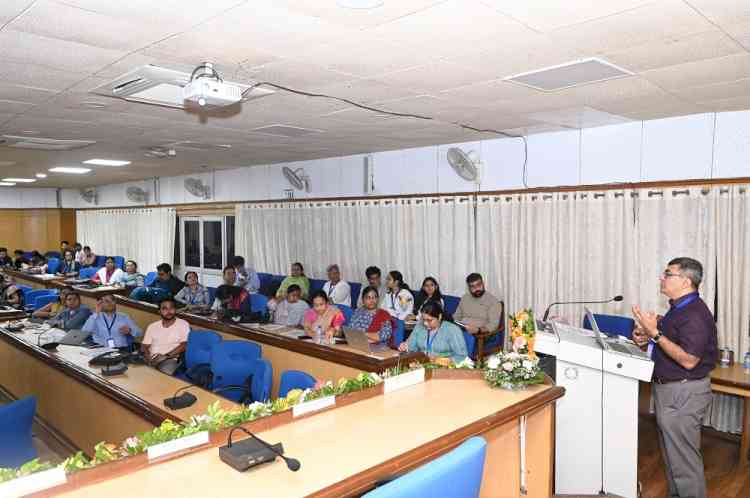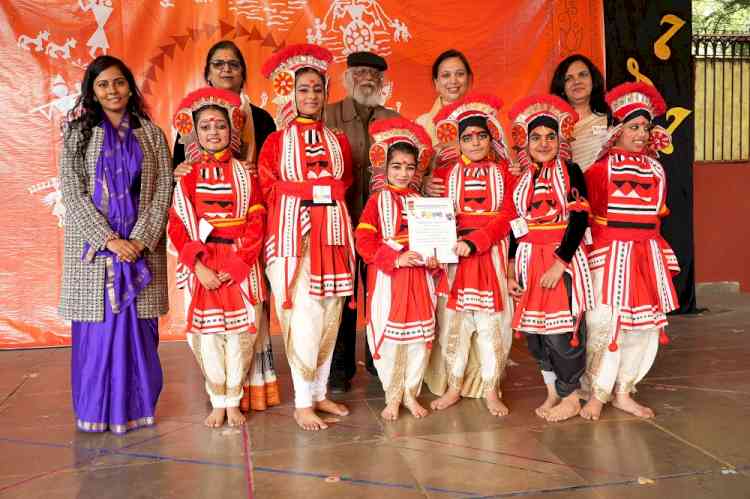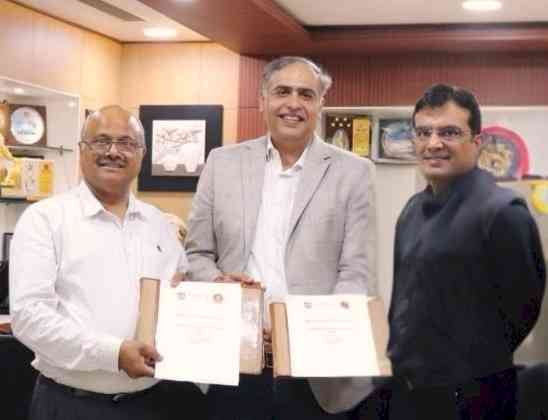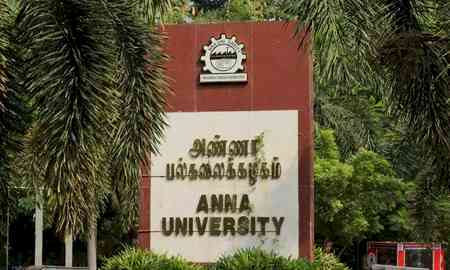Second Day of the Annual Meeting and International Conference
The second day of the Annual Meeting of the Society for Neurochemistry India (SNCI) and the International Conference on "Innovation and Future Perspectives in Neurochemistry" at Panjab University witnessed insightful discussions, scientific lectures, and demonstrations of state-of-the-art techniques in neurochemistry research. Scholars, researchers, and clinicians from across the world continued to engage in stimulating sessions aimed at tackling complex neurological disorders and advancing the understanding of brain chemistry.

Chandigarh, September 27, 2024: The second day of the Annual Meeting of the Society for Neurochemistry India (SNCI) and the International Conference on "Innovation and Future Perspectives in Neurochemistry" at Panjab University witnessed insightful discussions, scientific lectures, and demonstrations of state-of-the-art techniques in neurochemistry research. Scholars, researchers, and clinicians from across the world continued to engage in stimulating sessions aimed at tackling complex neurological disorders and advancing the understanding of brain chemistry.
The day begin by distinguished experts in the field including Dr. Poonam Thakur from IISER, Thiruvananthapuram, an alumina of PU, shed light on the importance of considering gender-specific factors when developing mouse models, offering novel insights into the disease's pathophysiology such as Parkinson's disease. The audience engaged in a lively discussion on the implications of her findings for personalized medicine and treatment approaches tailored to individual patients suffering from Parkinson's disease.
Dr.Vivek Tiwari from IISER, Berhampur, emphasized that quantitative basis of understanding Brain hold the key for clinical translation in discriminating cognitive disorders. He showed there is clear cut differences in the temporal occurrence of neuroanatomic changes in subjects with normal aging trajectory and that with impaired cognition.
Another impactful presentation was delivered by Dr. PN Yadav from CSIR-CDRI, Lucknow, explored the role of the chemokine CXCL10 in accelerating brain aging and its potential link to neurodegenerative diseases like Alzheimer's and Parkinson's. Also age dependent significant factors that leads to changes in brain. Dr. Aastha Takkar from PGIMER, Chandigarh gave brief idea on the neuro-metabolic disorder “Idiopathic Intracranial Hypertension”. The disease being more prominent in obese females of reproductive age group was interesting to be noted. It’s idiopathic nature makes it an important aspect to be studied.
Prof. T.R. Laxmi from NIMHANS, Bengaluru, India, offered insights into how early life stress can predispose adolescents to altered neurophysiological states, particularly curiosity-like behaviours, this could be a early marker for stressed animal leading to more consumption of sucrose and nicotine addiction.
While Dr. Karthik Vinay Mahesh from PGIMER emphasized the role of biomarkers in the early detection and diagnosis of neurological diseases, such as stroke, epilepsy etc. a key component in developing more targeted therapies and preventive strategies. He had also drawn the attention of the role of AI in detecting the early stage of neurological diseases and help in speed up development process.
The highlight of the day included the lecture by Dr. Mohit Kumar from NABI, Mohali, investigated the neurochemical mechanisms underlying ultra processed food addiction such as refine sugar addiction, raising important questions about its similarity to other forms of addiction and the implications for public health.Prof. Urmi Chatterji from the University of Calcutta, Kolkata, explored the bidirectional gut-brain axis and how gut health influences mood regulation, opening up exciting possibilities for nutritional interventions in managing mood disorders. She also linked food-eating disorders and suicidality. Also, she emphasized the intake of arsenic-polluted water, which could promote a leaky gut leading to serious clinical conditions like depression, and anxiety. She had stressed more on including psychobiotics like whole grains, fruits, vegetables, kefir and kombucha for preventing and correcting the entire system.
Their lectures delved into critical areas of neurodegenerative disease mechanisms, exploring both molecular pathways and therapeutic targets. The conference will continue tomorrow with more technical sessions, and poster presentations. Participants are looking forward to additional insights into the latest breakthroughs in neurochemistry, with a focus on translating basic research into clinical applications.


 City Air News
City Air News 











